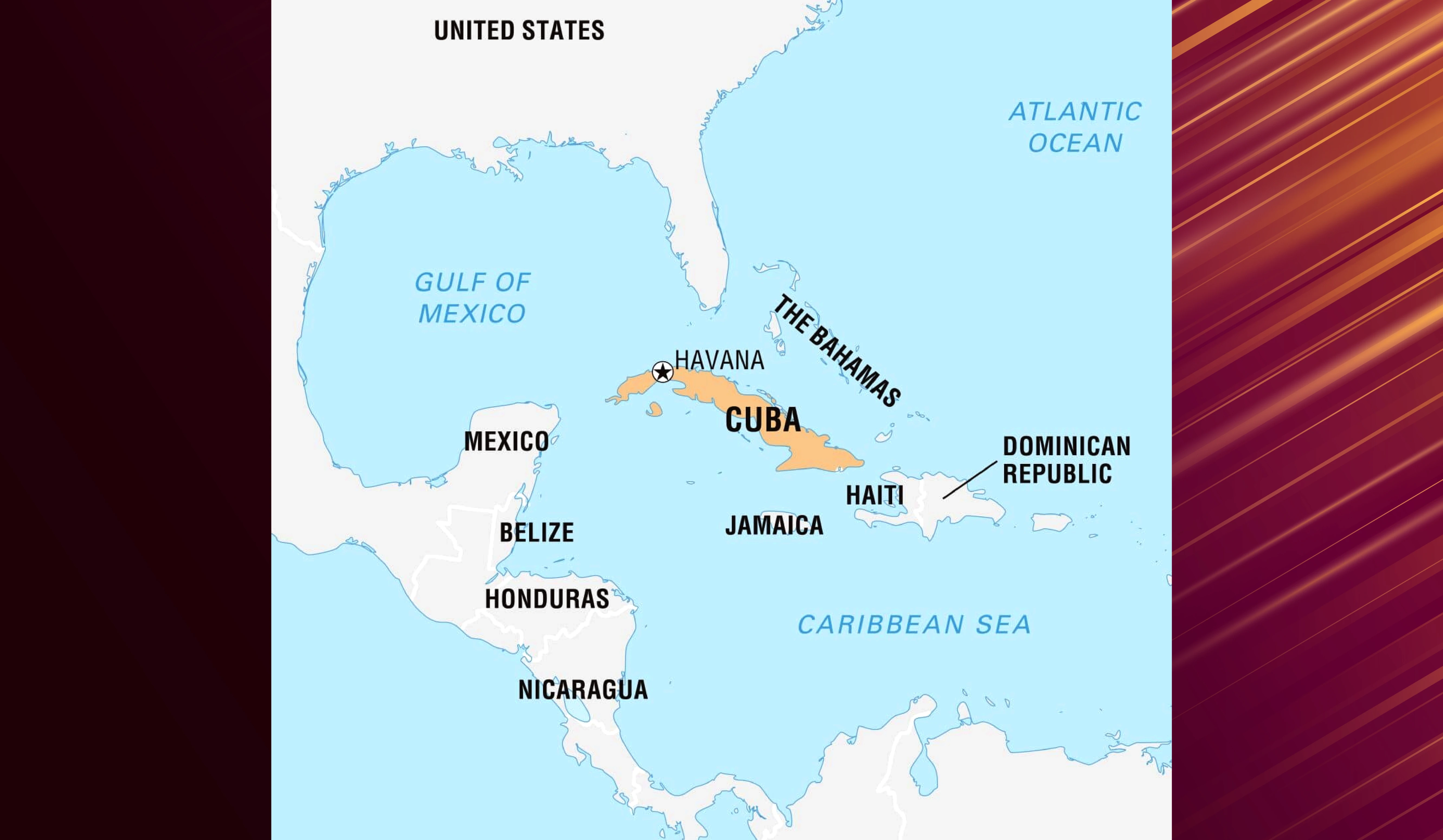Proposed Income Tax Bill, 2025
Overview
The proposed Income Tax Bill, 2025, has introduced a controversial provision allowing governmental entities to override digital access controls, raising privacy concerns among digital rights activists and tax consultancy firms.
Search and Seizure Powers
- The bill permits the government to bypass user-set passwords on digital communications platforms, including encrypted ones like WhatsApp.
- Tax officials argue no substantial changes have been made to existing search and seizure provisions, with alterations aimed at clarity.
- A significant addition is the ability to override access codes on personal digital devices.
Existing Provisions vs. Proposed Changes
- The current I-Tax Act allows authorities to conduct searches and forcibly open locks to access documents.
- The new bill extends this to include virtual digital environments, empowering authorities to access and break codes of digital spaces.
Definition and Scope
A "virtual digital space" encompasses emails, social media accounts, online banking and investment accounts, cloud servers, and similar digital platforms.
Potential Implications
- The provision could compel tech companies to assist in overriding user security measures.
- Privacy advocates argue that the Digital Personal Data Protection Act might not shield individuals from these provisions.
- Without explicit safeguards, there is a risk of taxpayer harassment and unnecessary data scrutiny.
Criticism and Recommendations
- The Internet Freedom Foundation emphasizes the need for constitutional safeguards against excessive enforcement powers.
- The bill should incorporate a proportionality standard to ensure minimally invasive methods.
Expert Opinions
- Experts highlight the legal ambiguity around overriding digital access controls, which the bill seeks to address explicitly.
- Concerns about the potential for unchecked surveillance and infringement on privacy rights are noted.















